Description
This theory recognizes the evolution of the soul as a process that is quite continuous in itself, though carried out partly through the instrumentality of a great series of dissociated forms. Putting aside for the moment of profound metaphysics of the theory which trace the principle of life from the original first cause of the cosmos, we find the soul as an entity emerging from the animal kingdom, and passing into the earliest human forms, without being at that time ripe for the higher intellectual life with which the present state of humanity renders us familiar. But through successive incarnations in forms whose physical improvement, under the Darwinian law, is constantly fitting them to be its habitation at each return to objective life, it gradually gathers that enormous range of experience which is summed up in its higher development. In the intervals between its physical incarnations it prolongs and works out, and finally exhausts or transmutes into so much abstract development, the personal experiences of each life. This is the clue to the true explanation of that apparent difficulty which besets the cruder form of the theory of reincarnation which independent speculation has sometimes thrown out. Each man is unconscious of having led previous lives, therefore he contends that subsequent lives can afford him no compensation for this one. He overlooks the enormous importance of the intervening spiritual condition, in which he by no means forgets the personal adventures and emotions he has just passed through, and in the course of which he distills these into so much cosmic progress. In the following pages the elucidation of this profoundly interesting mystery is attempted, and it will be seen that the view of events now afforded us is not only a solution of the problems of life and death, but of many very perplexing experiences on the borderland between those conditions – or rather between physical and spiritual life – which have engaged attention and speculation so widely of recent years in most civilized countries.

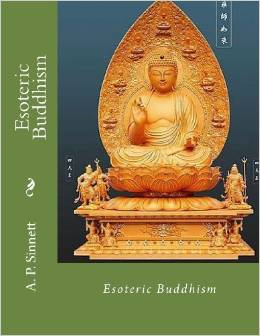
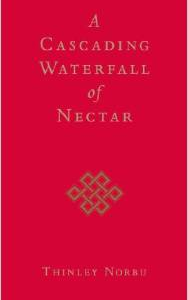
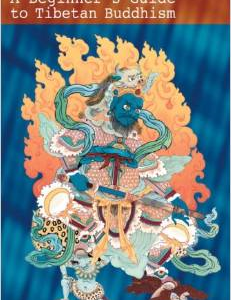
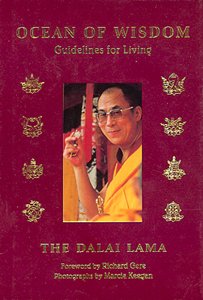
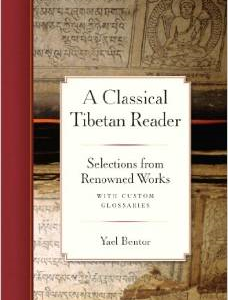
Reviews
There are no reviews yet.